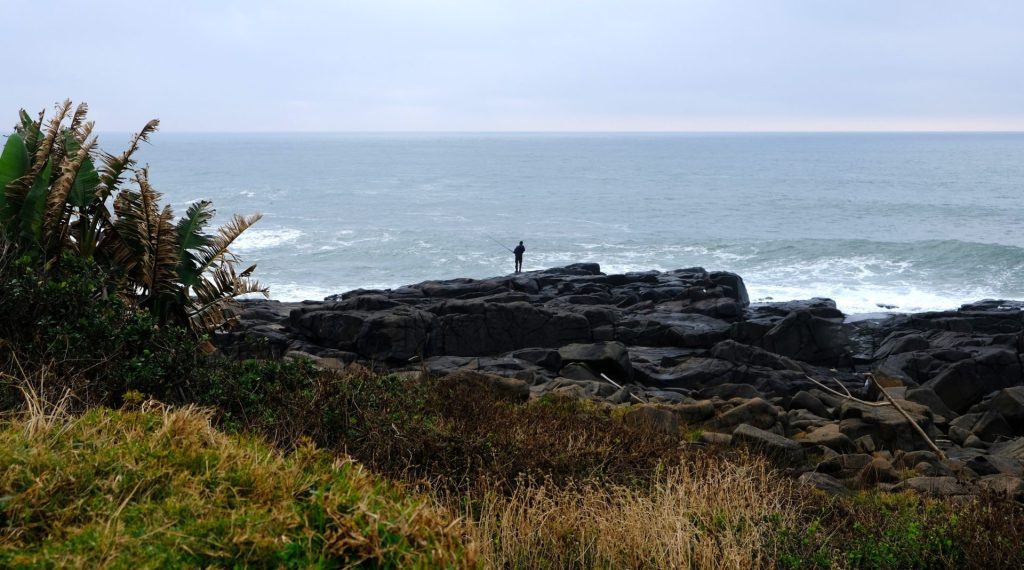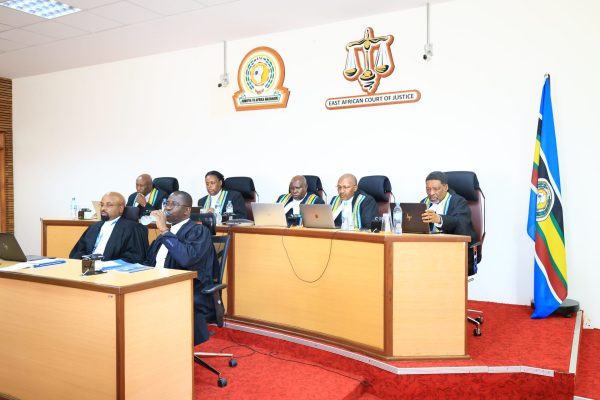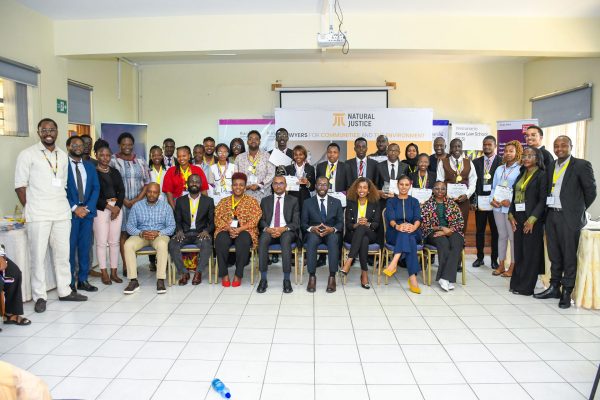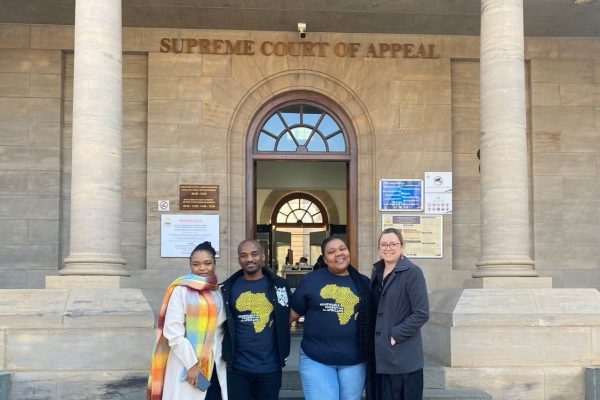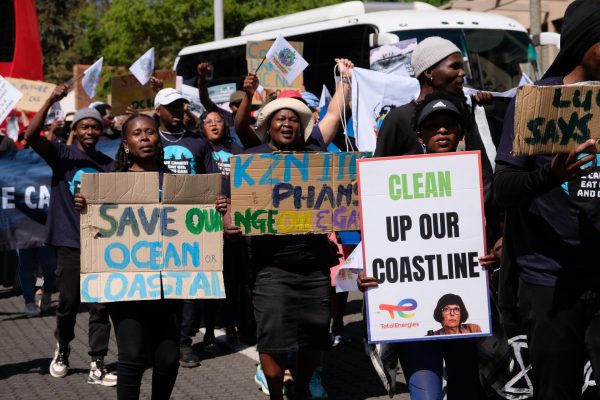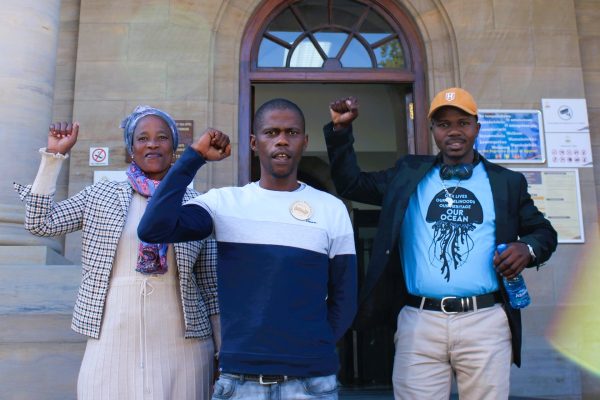The “Shell Case” is set to be heard in the Constitutional Court on 16 and 17 September 2025 and communities on the southeast coast of South Africa are leading the charge. Their case has already paved the way for policy decision makers to properly consider the voices of coastal communities, their human rights, their cultural connections to the sea and the well-being of their environment.
It’s a tale as old as time. Bigshot developers set their sights on natural resources (our oceans or our land) – invaluable resources that have tangible and spiritual meaning to the people who rely on them. Promises of job opportunities are made, and after ticking a few regulatory boxes, developments find their way into people’s lives – without consent from, or benefits to, the people who are most impacted by them.
This story began unfolding along the southeastern coast of South Africa (the Wild Coast) around 2014, when Impact Africa and government almost got away with unlawfully approving an exploration right that would allow seismic testing and drilling for oil in the ocean. Fast-forward to late 2021, by which time Shell was a co-holder of the right, when somebody, somewhere, saw a tiny notice in a newspaper of Shell’s plans to commence seismic surveys.
But the communities who have lived there for years said no – enough is enough -and are refusing to fall prey to the promises of a foreign company and to the tick box exercises of a process that could have repercussions on their livelihoods, their culture, and their heritage.
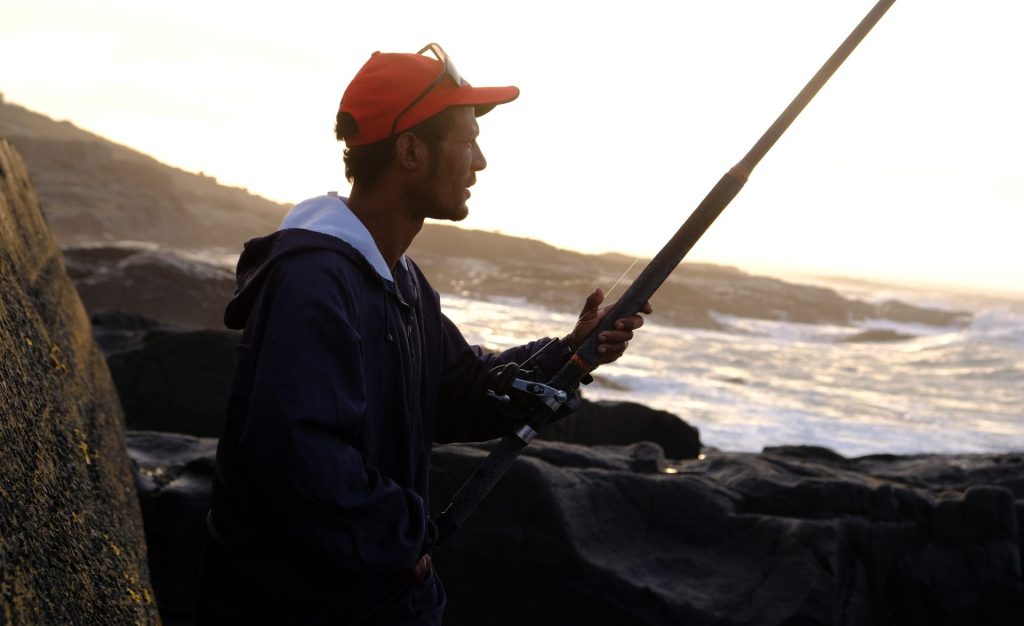
The Wild Coast – a force of nature to be respected
Two fishers, part of a traditional fishing community in Kei Mouth, a short distance from East London were among those who stood up against Shell as means of exercising their rights to be properly consulted about the proposed development threatening the ocean near their town.
Kei Mouth is not a very big town, relying heavily on tourism to sustain the small businesses and establishments. On its outskirts is the rather large settlement of Cwili. There you’ll find many people who rely on fishing and tourism to generate income.
Cameron Thorpe is a fisher whose skills were taught by his father. The first time he heard about Shell coming to the Wild Coast to do seismic testing was at a conference in East London hosted by the Coastal Justice Network.
He said he worried about the destructive damage the potential development could have on the environment, ultimately affecting his ability to fish in the ocean.
“Because the only thing they’re dealing with is oil and gas. It’s a hazard for our marine life. And there’s a lot of fish that depends on protein and not oil and gas. [Upon hearing about Shell] I immediately reacted, because I didn’t want to be part of the destruction. I wanted to protect our environment. So, I raised my voice. I filled in a document. I am fighting against them.”
Today Cameron is an applicant in a court case to stop Shell and Impact Africa’s plans for the Wild Coast.
“I thought it was the right thing to do to protect our environment and our sea life. Because they don’t have a voice. So, I’ll speak for them. We depend on fishing. That is our livelihoods. That’s also where we feed our communities and sustain our livelihoods, so I’m totally against Shell drilling and the exploration for gas in our oceans.”
In 2022, as communities and supporting civil society organisations rallied to protect their environment and heritage by instituting urgent court actions. The case to temporarily halt the seismic surveys was heard online, and later, the case challenging the lawfulness of the exploration right itself, in Gqeberha. Their victories were celebrated across the coastal towns, as the court stopped Shell from conducting its seismic surveys, and then found that the exploration right had been granted unlawfully.
Shell and Impact Africa then went to the Supreme Court of Appeal (SCA) to appeal the High Court judgment. The SCA dismissed the appeal, confirming that the exploration right was granted unlawfully, but granted the oil companies a lifeline to keep the exploration right alive through a right renewal process. The Wild Coast communities and civil society organisations are now heading to the Constitutional Court to challenge this lifeline.
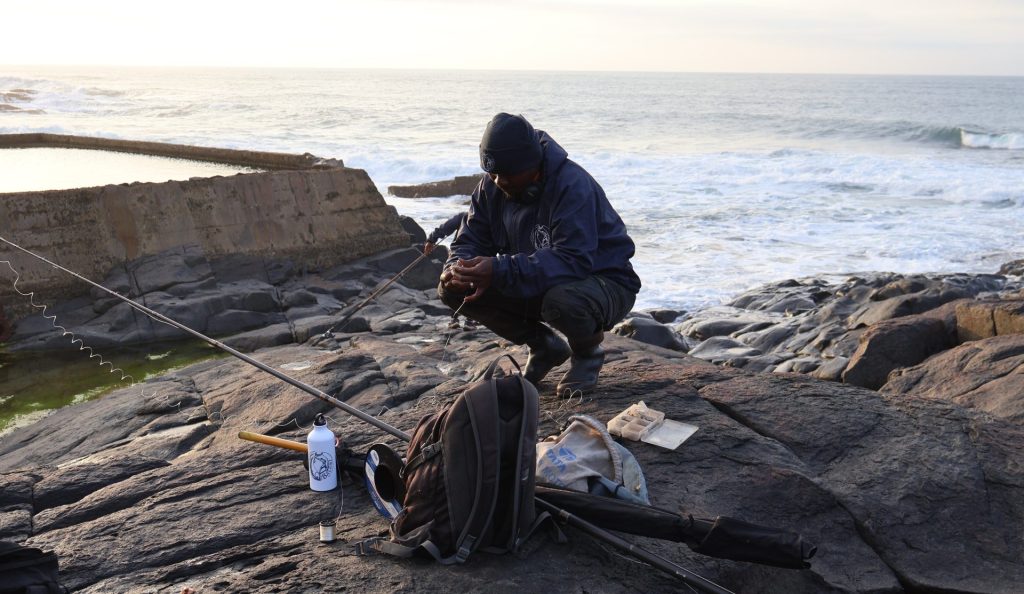
Oil and gas damage to the ocean could be irreversible
Sazise Maxwell Pekayo, another fisher from Kei Mouth who is also an applicant in the case, who is concerned about the potential impacts of drilling in the ocean and raised red flags about the lack of knowledge and engagement about the plans to look for oil and gas.
“The painful part of it all is that many people in the region are unaware of this. They are just excited by the employment opportunities promised to them, but they’re unaware of the dangers of mixing fish, gas and oil.”
He said that the reason he acted against the proposal by Shell, is because he understood that the damage could have devastating consequences.
“Our livelihood is dependent on these things. And if this happens it will cause irreversible damage. Because if this goes forth and there are leaks, all that oil leaked into the sea, everything will be destroyed. That is why I realised that I must stand up and say no, I will not associate myself with Shell’s oil and gas project.”
He said that Kei Mouth communities were never consulted.
“Even the first time they were exploring, they never consulted us about their exploration. So, I’m asking that Shell must not be allowed nor given a chance by the court to do what they want. Because in the end they’ll be the ones who benefit from this oil, not the community. I don’t want them to win this case, because we don’t want them at all in our sea destroying it.”
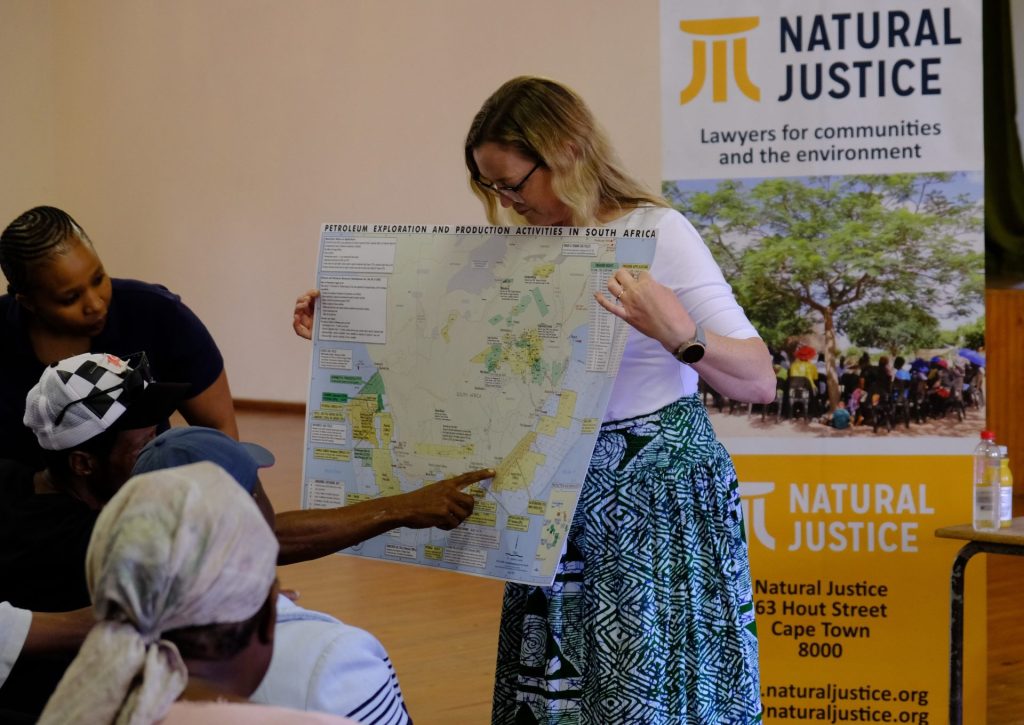
It’s time to unite
Pekayo is worried that the legacy of traditional fishing methods, and the culture attached to his livelihood could be lost for future generations if the court allows Shell in.
“After all, we raise our children through the sea, just as we were raised through the sea. Now if what connects us to the sea is taken away, that means we will not have the means to raise them. That is why I feel at least this court case could make everyone realise that Shell and its explosions are not for here and that it will destroy the very thing that people live from. “
As he prepares for the Constitutional Court hearing his message to South Africa is clear:
“Let’s unite and completely oppose oil and gas in our seas, so that we and our future generations, can continue to live from the sea, because once this happens it will be forever, no more. The sea will no longer provide. Let us stand together and oppose everything that Shell is doing.”

